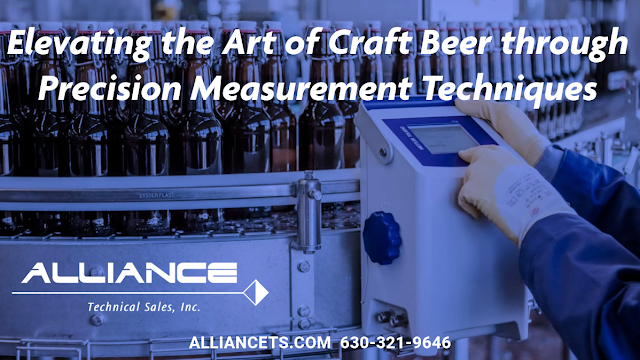Organic contamination in pure power plant waters poses significant operational and economic challenges, particularly in cogeneration systems where steam is utilized for both power generation and industrial heating. In such systems, the steam that condenses and returns to the boiler may become contaminated by organic compounds during industrial processes. This contamination is not always detectable through traditional conductivity measurements, as many organic compounds are non-conductive. Nonetheless, their presence can significantly compromise the efficiency and safety of power generation infrastructure.
The consequences of organic contamination are multifaceted. Organic substances can clog ion exchange resins, resulting in increased maintenance and replacement costs. More critically, they can degrade into acids under high temperatures, which lowers the pH of the water and accelerates corrosion in boilers and turbines. Organic residues may also deposit onto heat exchange surfaces, reducing thermal efficiency and causing foaming in boilers, which leads to the undesirable carryover of contaminants into the steam phase. Each of these issues can threaten the reliability and longevity of expensive equipment.
Sources of organic contamination in cogeneration plants vary widely. The most direct source is the return of condensate from production processes, where it may pick up organic matter through leaks or exposure to plant materials. Additional sources include makeup water, which is mainly derived from surface water, or reclaimed sources that vary seasonally in their organic content. Even ion exchange resins, while essential to purification, can degrade and release organic compounds. Other contributors include lubricants, leaking condensers, and certain chemical additives.
Given that traditional monitoring methods, such as conductivity or resistivity, are insufficient for detecting non-ionic organics, power plants are increasingly relying on Total Organic Carbon (TOC) measurements. TOC sensors work by oxidizing organic compounds into carbon dioxide using ultraviolet light and then measuring the conductivity of the resulting carbonic acid. This technique enables accurate detection and quantification of organic contamination, even at trace levels, allowing for real-time monitoring and rapid response.
Steam used in evaporation can pick up organics that, if returned to the boiler untreated, may damage the system. Early detection through TOC measurement enables corrective actions to be taken before significant damage occurs. Devices like METTLER TOLEDO Thornton's 450TOC and 4000TOCe analyzers provide fast, continuous monitoring and are designed to integrate into process systems with minimal disruption.
Recommended TOC Monitoring Approach:
For comprehensive organic contamination monitoring in cogeneration systems, consider implementing a dual-strategy approach using METTLER TOLEDO Thornton's proven UV oxidation technology.
Deploy the 4000TOCe online analyzer at critical fixed monitoring points such as condensate return lines and makeup water inlets for continuous, real-time surveillance. This provides operators with immediate alerts when contamination levels exceed safe thresholds, enabling them to take rapid corrective action.
Complement this fixed monitoring with the portable 450TOC analyzer for diagnostic troubleshooting and multi-point system profiling. Utilize the portable unit to identify contamination sources, verify treatment effectiveness, and conduct regular water quality audits throughout the plant. Both analyzers deliver results in approximately 60 seconds from sample inlet to final measurement, ensuring operators can respond quickly to contamination events before significant equipment damage occurs.
This combined approach provides both the continuous protection required for critical process streams and the flexibility to investigate emerging issues throughout the water/steam cycle, offering comprehensive coverage against organic contamination risks.
Ultimately, the ability to detect and respond to organic contamination in pure water systems is essential to maintaining the performance, efficiency, and safety of cogeneration and power generation facilities. Investing in TOC monitoring safeguards equipment and helps avoid costly downtime while ensuring compliance with increasingly stringent water quality standards.
312 Park Avenue Unit 145
Clarendon Hills, IL 60514-0145
Phone: 630-321-9646
https://alliancets.com











